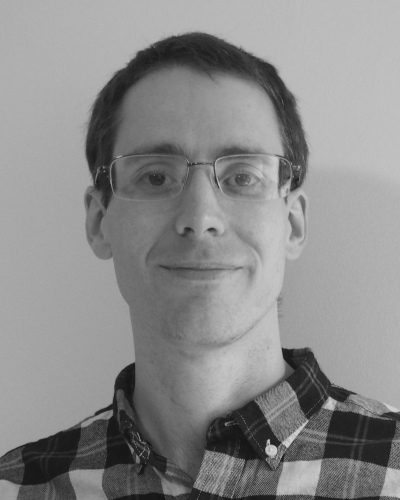people
Ivo Boblan
Ivo Boblan is head of the Pneumatic Robotics and Softrobotics Research Laboratory at Berliner Hochschule für Technik (BHT) and teaches the modules Electromechanical Basics, Pneumatic Robotics and Softrobotics as well as Bionics and Bionic Motion Systems in the Humanoid Robotics degree program. After studying automation technology and robotics, he completed his doctorate on the topic of “Bionic Muscular Drives in Humanoid Robots” and, as a postdoc, led the junior research group MTI-engAge – “Socio-technical Interaction of Humans and Robots in the Context of Demographic Change”, which he had funded, before taking up his professorship at the Berlin University of Applied Sciences.

Oliver Brock
Oliver Brock is the Alexander-von-Humboldt Professor of Robotics in the School of Electrical Engineering and Computer Science at the Technische Universität Berlin, a German “University of Excellence”. He received his Ph.D. from Stanford University in 2000 and held postdoctoral positions at Rice University and Stanford University. He was an Assistant and Associate Professor in the Department of Computer Science at the University of Massachusetts Amherst before moving back to Berlin in 2009. The research of Brock’s lab, the Robotics and Biology Laboratory, focuses on robot intelligence, mobile manipulation, interactive perception, grasping, manipulation, soft material robotics, interactive machine learning, deep learning, motion generation, and the application of algorithms and concepts from robotics to computational problems in structural molecular biology. Oliver Brock directs the Research Center of Excellence “Science of Intelligence”. He is an IEEE Fellow and was president of the Robotics: Science and Systems Foundation from 2012 until 2019.

Verena Hafner
Verena Hafner is Professor of Adaptive Systems at Humboldt-Universität zu Berlin and Head of the Adaptive Systems Group at the Department of Computer Science. She holds a Master with distinction in Computer Science and AI from the University of Sussex, UK, and a PhD from the Artificial Intelligence Lab, University of Zurich, Switzerland. Before moving to Berlin, she worked as an associate researcher in the Developmental Robotics Group at Sony Computer Science Labs in Paris, France. She is part of the Programme Committee of the DFG Priority Programme The Active Self (SPP 2134), PI in the DFG Cluster of Excellence “Science of Intelligence”, PI in the EU H2020 project ROMI on Robotics for Microfarms (2017-2021) and PI in the EU H2020 project HIVEOPOLIS (2019-2024). She is reviewing for the EU, BMBF, DFG, AvH, journals and conferences. Her research interests include sensorimotor interaction and learning, joint attention, internal models, and exploration strategies.

Manfred Hild
Manfred Hild is head of the Neurorobotics Research Laboratory at Berliner Hochschule für Technik (BHT) and teaches in the Humanoid Robotics program. Prior to his appointment at BHT, he was a visiting researcher at the SONY Computer Science Laboratory in Paris and the Fraunhofer Institute for Autonomous Intelligent Systems in Sankt Augustin, Germany, among others. After earning a degree in mathematics and psychology at the University of Konstanz, Germany, Hild switched to computer science at Humboldt University in Berlin, where he received his doctorate with honors in 2008. There, he established the Neurorobotics Research Laboratory (NRL) in Berlin about 10 years ago, where many national and international research projects have been conducted and dissertations supervised since then. Some of Hild’s doctoral students and former collaborators are now working as developers for robotics in space travel, for example, or head development departments for robotics at Amazon. Hild’s main research areas are Humanoid Robotics and Sensorimotor Control and Distributed Embedded Systems, with a substantive focus on Non-Linear Dynamical Systems theory in general and Recurrent Neural Networks in particular. Furthermore, he is interested in the “Analysis and Synthesis of Sounds”, especially with the help of programmable hardware (FPGAs).
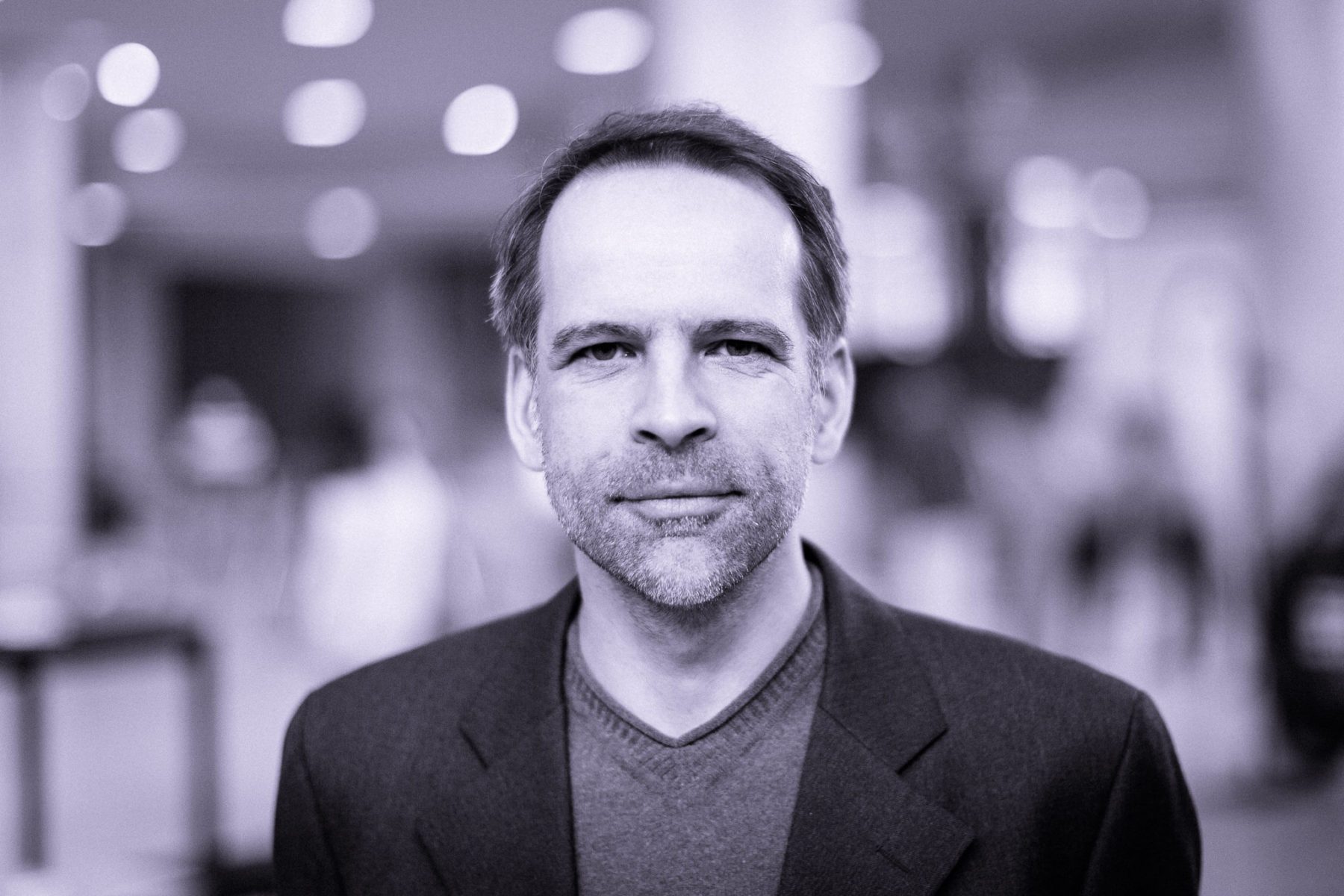
Hannes Höppner
Hannes Höppner is the acting laboratory director of the “Laboratory for Humanoid Robotics” and has been Professor of Humanoid Robotics at the Berliner Hochschule für Technik (BHT) since October 2019. Previously, he spent nearly 10 years at the German Aerospace Center, Institute of Robotics and Mechatronics in Oberpfaffenhofen near Munich. There he worked intensively on the design and development of elastic humanoids with variable stiffness, investigated compliant robotic hands for sensitive grasping of food, and also researched the fundamentals of setting joint stiffness in humans at the interface with biomechanics. Another important field of activity is human-robot interaction, for which he has developed an award-winning safety system that enables economical human-machine interaction.
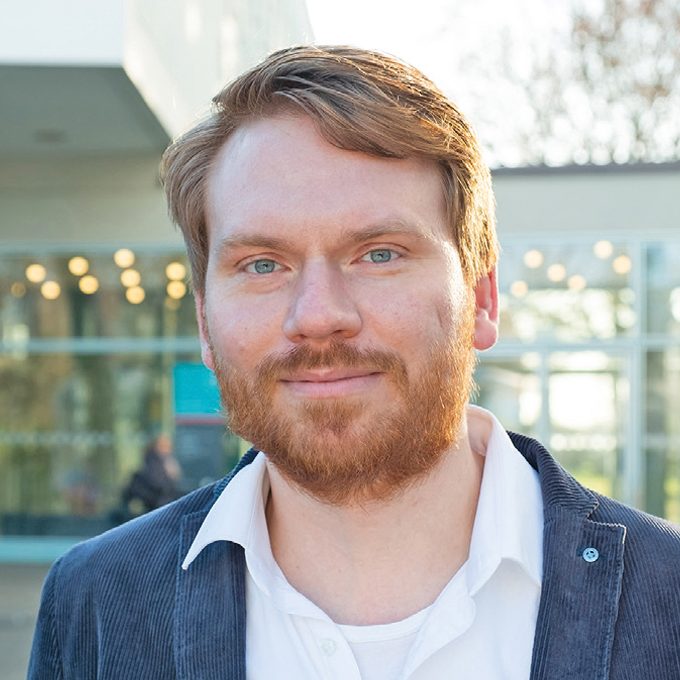
Jörg Krüger
Jörg Krüger studied electrical engineering at the University of Paderborn and the Technical University of Berlin, where he received his diploma in 1991. In 1998 he received his doctorate on the subject of “Methods for improving fault detection on drive systems”. In 1999 he founded the company reCognitec Gesellschaft für digitale Bildverarbeitung mbH, whose focus is on the field of vision-based automation in logistics. In 2003, Prof. Krüger was appointed University Professor for the Chair of Industrial Automation Technology at the Institute of Machine Tools and Factory Management (IWF) at Technische Universität Berlin. In 2004, he was also appointed Director of Automation Technology at the Fraunhofer Institute for Production Systems and Design Technology. In addition to these tasks, between 2005 and 2018 Prof. Krüger temporarily headed various departments at TU Berlin (Industrial Information Technology, Quality Science, Assembly Technology and Factory Management) as well as the Division for Medical Technology of Fraunhofer IPK. Since 2008, he has also been involved in the establishment of the Turkish-German University (TDU) in Istanbul where he is coordinator of the Faculty of Engineering and head of Bachelor, Master and PhD programmes. In 2005, Prof. Krüger was elected a member of the German Academic Association for Production Technology (WGP). Since August 2008, he has been a member of the International Academy of Production Engineering (CIRP), where he serves as the Chair of the Scientific Technical Committee “Lifecycle Engineering and Assembly” since 2019. Prof. Krüger has also been a founding member of the Scientific Society for Assembly, Handling and Industrial Robotics (MHI) since 2012. Since 2021, Prof. Krüger is the Managing Director of the Institute of Machine Tools and Factory Management (IWF) at TU Berlin.
His research focuses on human-centered and vision based automation, in which he and his teams develop control and robot systems for human-robot collaboration and medical rehabilitation as well as methods and applications of machine vision for object recognition and vision based automation in production and logistics.
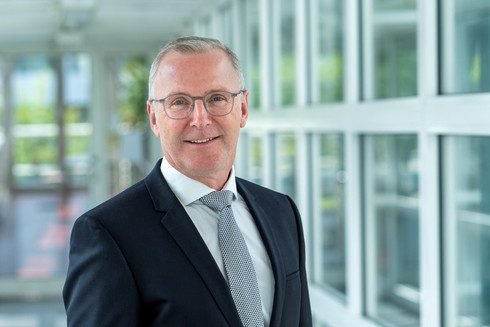
Marc Toussaint
Marc Toussaint is professor for Intelligent Systems at Technische Universität Berlin since March 2020 and Max Planck Fellow at the MPI for Intelligent Systems since November 2018. In 2017/18 he spend a year as visiting scholar at MIT, before that some months with Amazon Robotics, and was professor for Machine Learning and Robotics at the University of Stuttgart since 2012. In his view, a key in understanding and creating intelligence is the interplay of learning and reasoning, where learning becomes the enabler for strongly generalizing reasoning and acting in our physical world. As PI within the Science of Intelligence excellence cluster, he is interested in studying computational methods and representations to enahttps://tu.berlinble efficient learning and general purpose physical reasoning, and demonstrating such capabilities on real-world robotic systems.
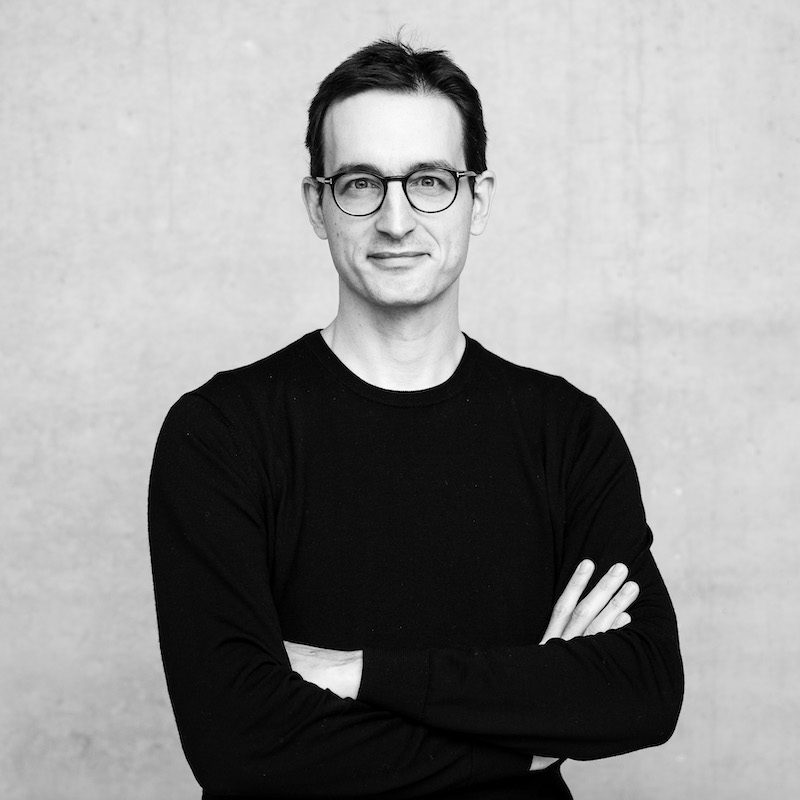
Wolfgang Hönig
Wolfgang Hönig is an independent junior research group leader at TU Berlin heading the Intelligent Multi-Robot Coordination Lab. Previously, he was a postdoctoral scholar at the Department of Aerospace, California Institute of Technology. He holds a Ph.D. in Computer Science from the University of Southern California and his research focuses on enabling large teams of physical robots to collaboratively solve real-world tasks, using tools from informed search, optimization, and machine learning.
